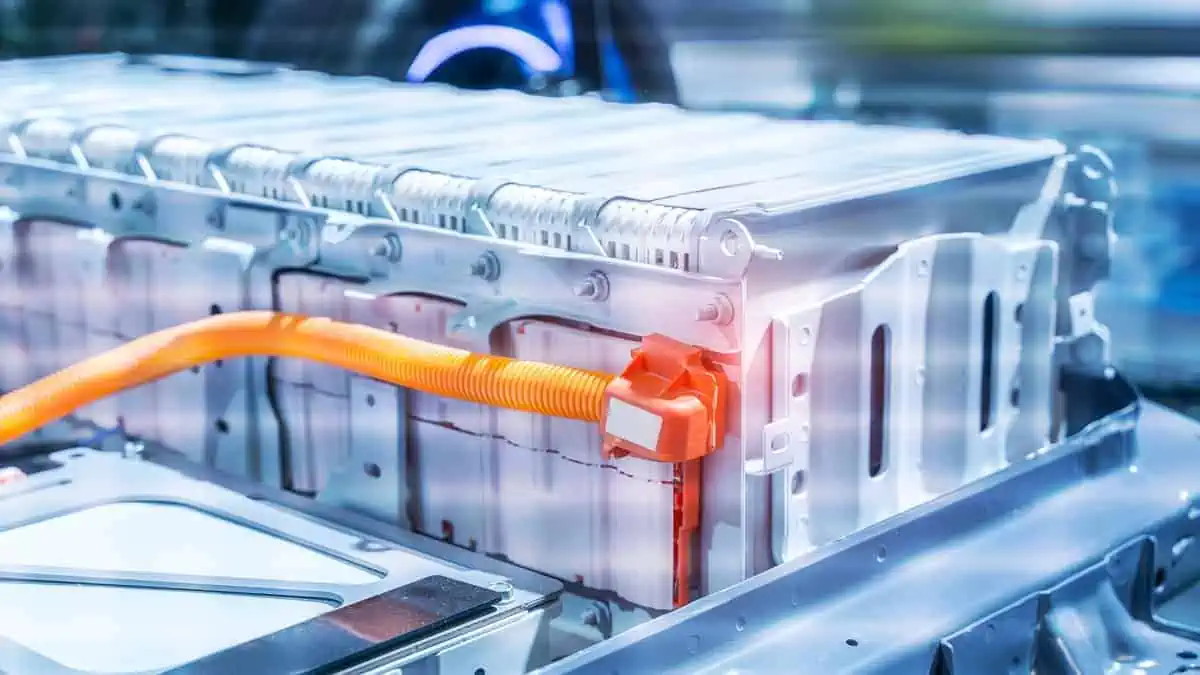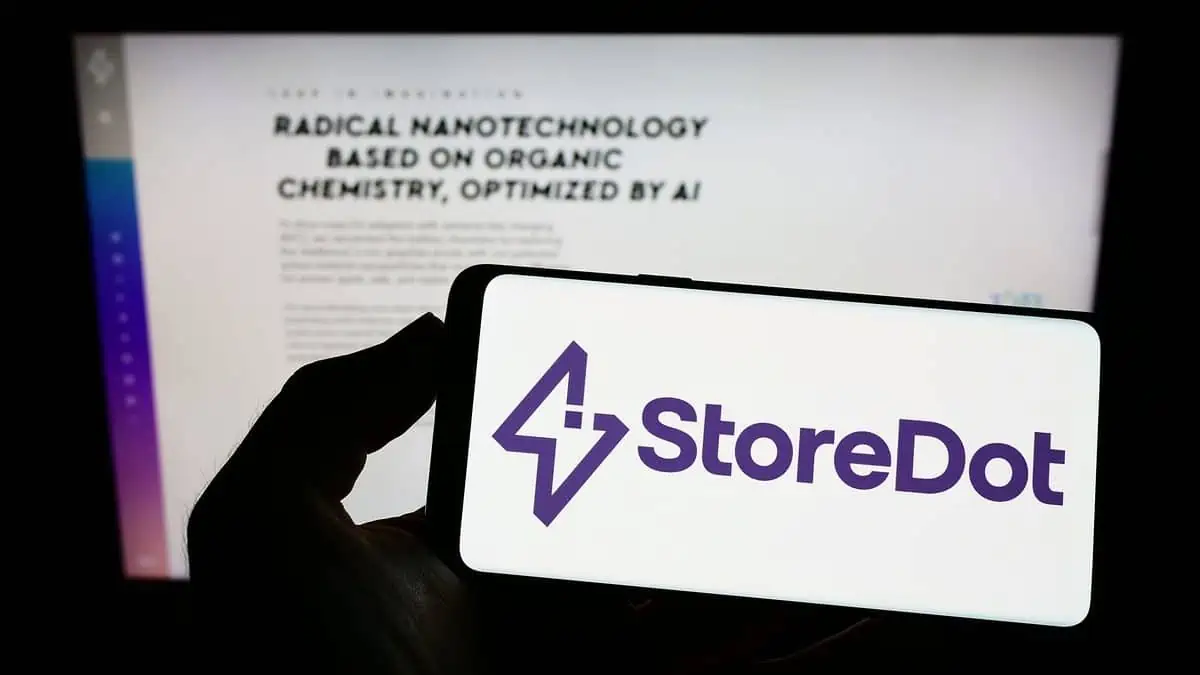Toyota claims to have a solution to the common issues in electric vehicle technology, such as driving range and charging time. The Japanese legacy automaker has developed a new battery tech with a 745-mile range and 10-minute charging time, as reported by The Cool Down.
Toyota’s battery breakthrough
Toyota’s solid-state batteries can apparently support a driving range of up to 1,200 km (750 miles) between charges, indicating a more than two-fold increase from its current offerings.
More impressively, it can facilitate an extremely fast charging time in just 10 minutes or even less per recharge.
Toyota expects its solid-state battery tech to hit the market by 2027 or 2028. However, production will be more limited than expected. Its production can only support a production of “over ten thousand vehicles” in 2030.
As President Koji Sato asserted at a media conference last October, Toyota already expected that mass production would be challenging.
“I think the most important thing at the moment is to put out [the solid-state batteries] into the world, and we will consider expansion in volume from there.”
Toyota President Koji Sato
Impact on mass EV uptake
Toyota’s new solid-state battery has the potential to alleviate prevailing customer hesitation to join the electric vehicle shift due to driving range and charging concerns.
The new battery tech can significantly encourage customers to consider replacing their internal combustion engine (ICE) cars with more sustainable vehicles.
Washington Post and the University of Maryland’s research revealed that 74% of 1,404 respondents see traditional gas cars as a better option for more than 250 miles of driving.
In addition, just 10% of the respondents acknowledge electric vehicle charging’s convenience. Therefore, 90% believe recharging remains an issue in the shift to e-mobility.
In response, Toyota has also decided to join the growing number of automakers adopting Tesla’s NACS in North America.
Toyota adopts NACS
As EV-a2z previously reported, Toyota EVs will soon gain access to Tesla’s enormous and reliable Supercharger network with the adoption of NACS.
The move will enable Toyota EV drivers to use the Musk-led company’s powerful 12,000 Superchargers in the region. Current owners can use a NACS adapter to ensure compatibility with Tesla Superchargers by 2025. Meanwhile, next-gen Toyota models will feature an NACS port to cut the need for the adapter.
In effect, it can reduce customers’ anxiety over the lack of charging infrastructures, considering Tesla Superchargers’ strong reputation for providing superior customer experience.
Toyota’s solid-state battery development is a crucial part of its efforts to catch up in the highly competitive EV industry. Top Speed indicated that the Japanese automaker aims to launch an electric counterpart for all the vehicles in its portfolio by 2030. It also set a sales target of 5.5 million EVs by the same year.






